What to eat if you’ve got gout
By naturopath Margaret Jasinska
Gout is a very painful type of arthritis that usually affects the lower extremities. In 90 percent of cases gout affects the big toe. It’s also common in the joints of the feet and ankles.
Gout occurs when there is a build up of uric acid in the bloodstream, which then gets deposited in the joints and other tissues, including the kidneys. Everyone has some uric acid in their bloodstream; people with gout make too much of it or don’t excrete it well enough. A gout attack can develop extremely quickly, such as overnight. It is more common in men and tends to run in families.
A painful gout attack can last days or even weeks and it may not return for many months or years. If symptoms are not addressed, over time a state of chronic joint inflammation may develop into progressive cartilage and bone damage. The elevated uric acid also places the kidneys at risk. Having too much uric acid in your bloodstream is unhealthy, not just for the joints.
The conventional medical treatment of gout involves the use of non-steroidal anti-inflammatory drugs or other medication to lower uric acid. This can offer temporary relief but doesn’t address the source of the problem. Long term use of anti-inflammatory drugs increases the risk of gastrointestinal bleeding, and it does cause leaky gut.
People with gout are at higher risk of kidney stones and type 2 diabetes. Syndrome X (insulin resistance/metabolic syndrome) is the underlying cause of gout in most instances. Therefore reversing syndrome X is the key to preventing gout attacks.
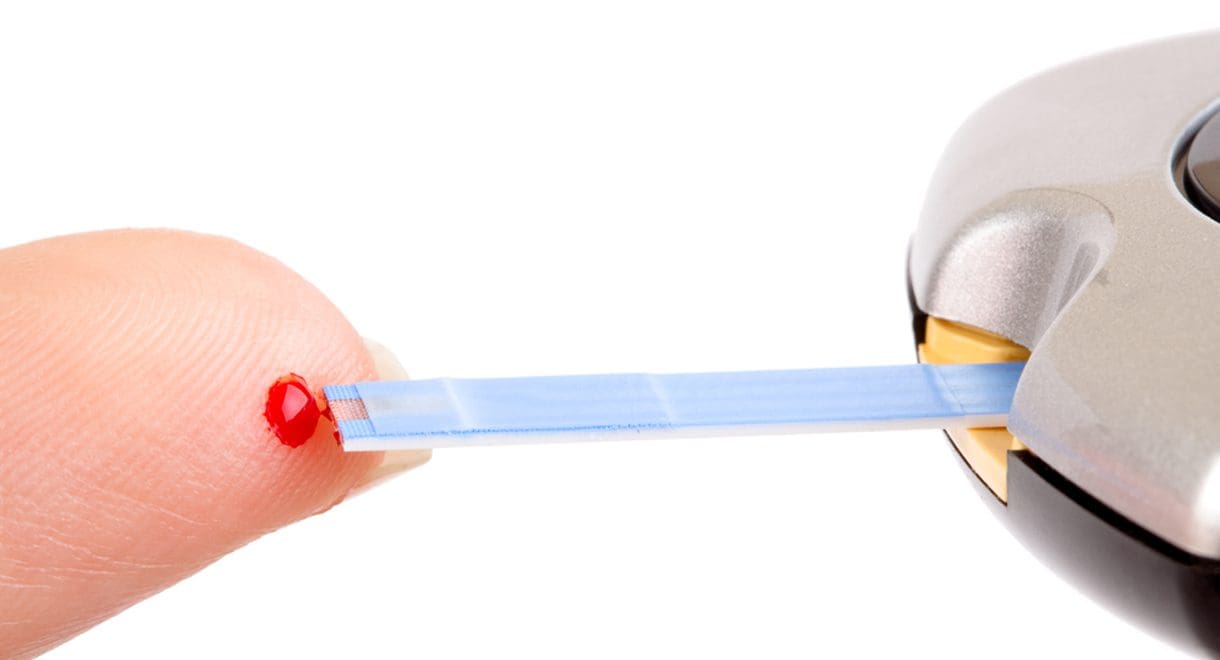
What is insulin resistance?
Insulin resistance (syndrome X) is the most common cause of inability to lose weight. It mostly occurs in people with excess abdominal fat. Syndrome X also goes by the names metabolic syndrome and pre-diabetes. Insulin resistance basically means that the hormone insulin, which is made by your pancreas has become less effective at controlling your blood sugar. Therefore your body produces more and more of it. This makes you prone to symptoms of unstable blood sugar, such as fatigue, sugar cravings and feeling unwell if you haven’t eaten for several hours.
Insulin resistance reduces the ability of the body to excrete uric acid. This makes a person more prone to suffering a gout attack. Your doctor can order a blood test for you to check your uric acid level.
Foods that affect gout
In most cases gout is fairly easy to prevent with a few simple diet changes. Back in the 80s, individuals with gout were told to avoid foods high in purines such as offal, sardines and herrings. Gout is incredibly common, and I don’t see many patients who eat a lot of these foods. We now know that sugar, excess carbohydrate and caffeine are the real villains.
Here are some diet suggestions:
- Cut down on alcohol. The more alcohol you drink, the greater your risk of gout. Beer is the worst type of alcohol, followed by spirits and wine.
- Sugar reduces your body’s ability to excrete uric acid. Fructose is the specific sugar most strongly linked with gout. That’s because in order to use it for energy, your liver must first convert the fructose to glucose. This process creates uric acid. That means it’s important to avoid foods that contain sugar, high fructose corn syrup or fructose. Consuming too much carbohydrate in general will also make you more prone to gout. That means it’s best to reduce your intake of bread, pasta, breakfast cereals and any food that is made of flour. This is an effective way to lose weight too and there’s an eating plan plus recipes in Dr Cabot’s weight loss book. Syndrome X can be a challenging condition to overcome with diet alone. Most patients require the use of nutritional supplements to help stabilise blood sugar and insulin levels.
- Caffeine also reduces your body’s ability to excrete uric acid. Therefore it’s important to cut down on coffee, tea, energy drinks and other sources of caffeine.
- Foods high in purines can aggravate a gout attack. Purines are natural compounds found in some protein rich foods; for example oily fish (herrings, anchovies, sardines), offal (especially liver) and lentils. Ordinarily these are healthy foods, but they should be avoided during a gout attack.
- Celery helps to clear uric acid from your body and eating lots of it can shorten the duration of a gout attack. Celery is a natural diuretic and supports healthy kidney function. You can include celery in raw vegetable juices, eat it raw in salads or cooked in soups. Dr Cabot’s book, Raw Juices Can Save Your Life, contains a vast array of healthy raw juice recipes. If you add a scoop of Superfood powder to your juice, you’ll be adding potent antioxidants that reduce inflammation in your body.
- Cherries help to clear uric acid and can reduce the pain of a gout attack. Cherries are low in fructose, therefore eating a lot of them won’t aggravate gout like other fruits can. Cherries have been a natural remedy for gout for many decades and recent studies have even shown that they help clear uric acid from the bloodstream. Fresh cherries are best, but if unavailable, frozen cherries are your next best option. Avoid canned or dried cherries that contain added sugar.
-
Natural Pain Manager capsules may help ease mild joint aches and pains.
- See Dr Cabot’s book Relief From Chronic Pain for natural solutions on reducing pain. The treatment methods discussed in this book are based upon Dr Cabot’s clinical experience, as well as traditional and modern-day research. Whether you’re personally dealing with chronic pain or seeking information to help a loved one, this book will be a valuable resource on your journey to a more pain-free life.
If you are prone to suffering with gout, it’s important to ask your doctor for regular blood sugar and kidney function tests, in order to avoid complications.


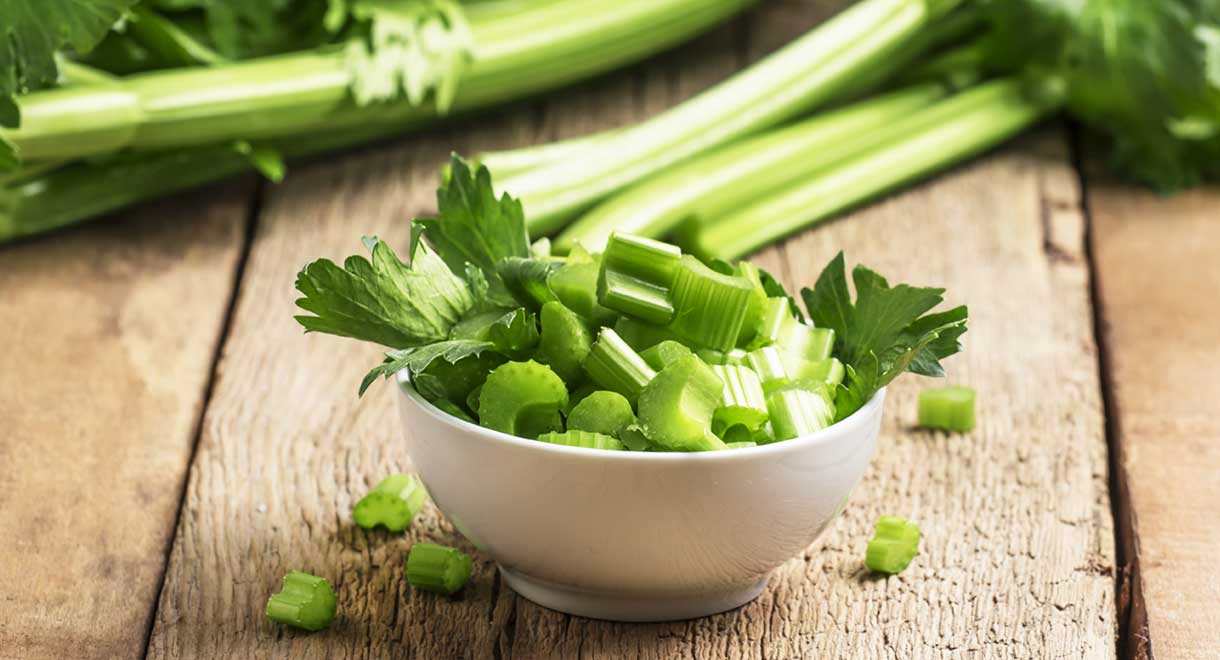



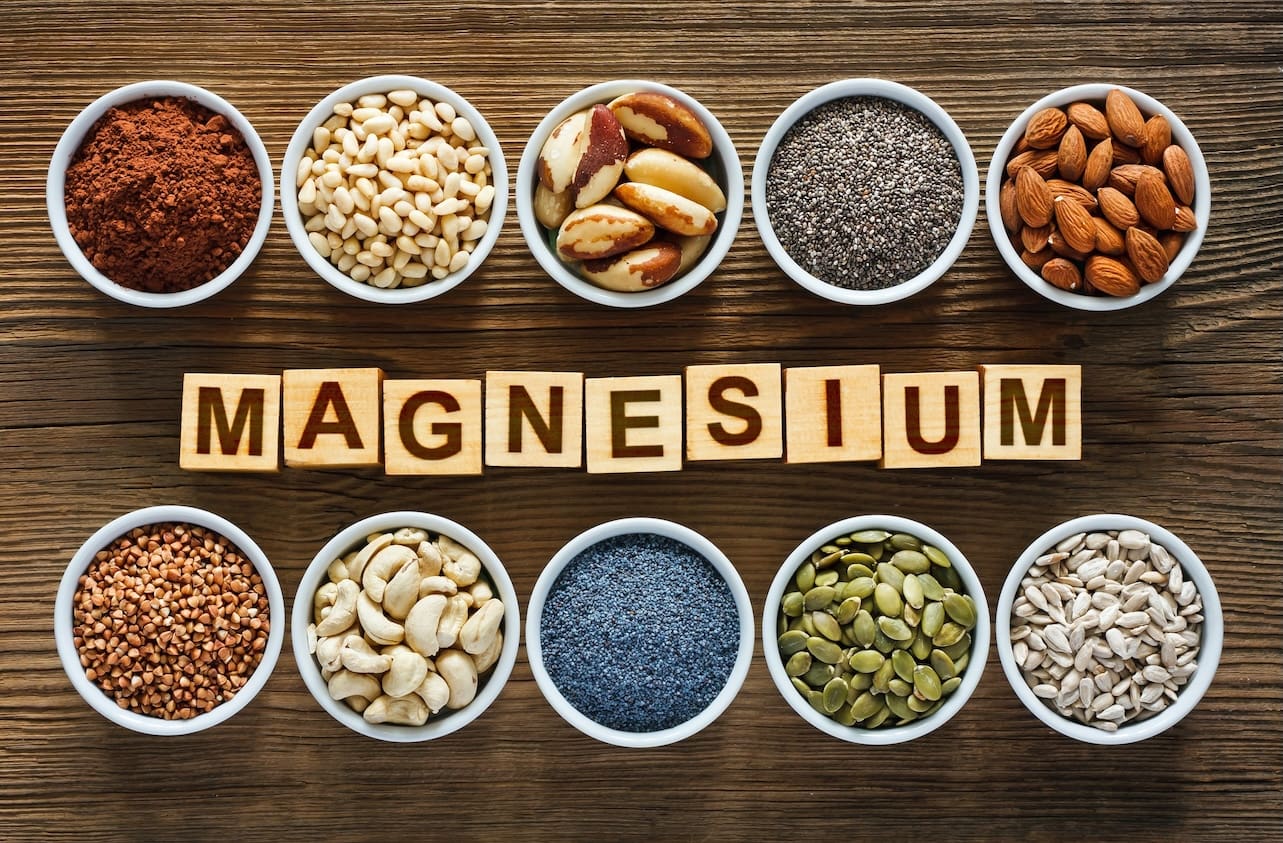
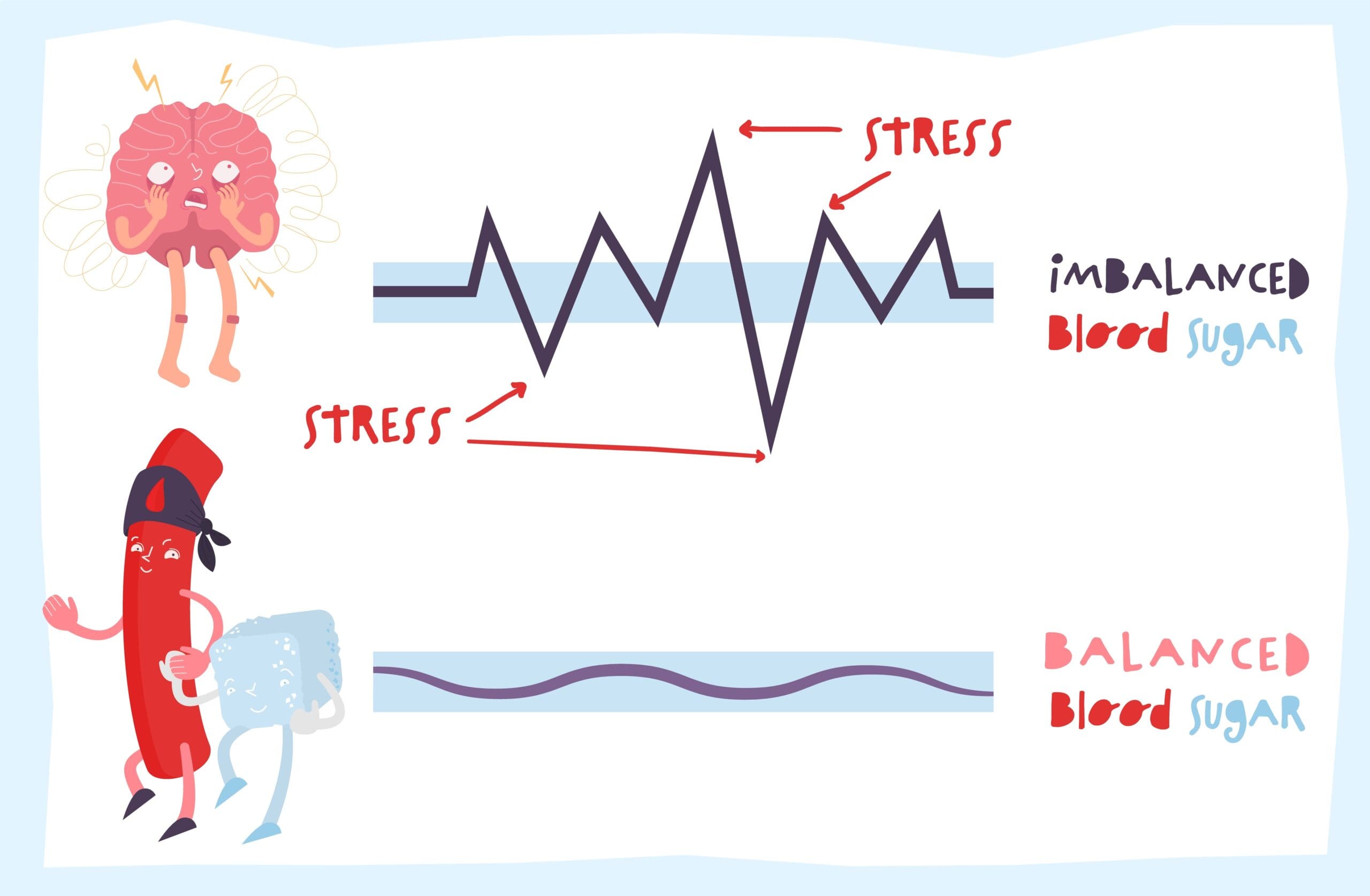
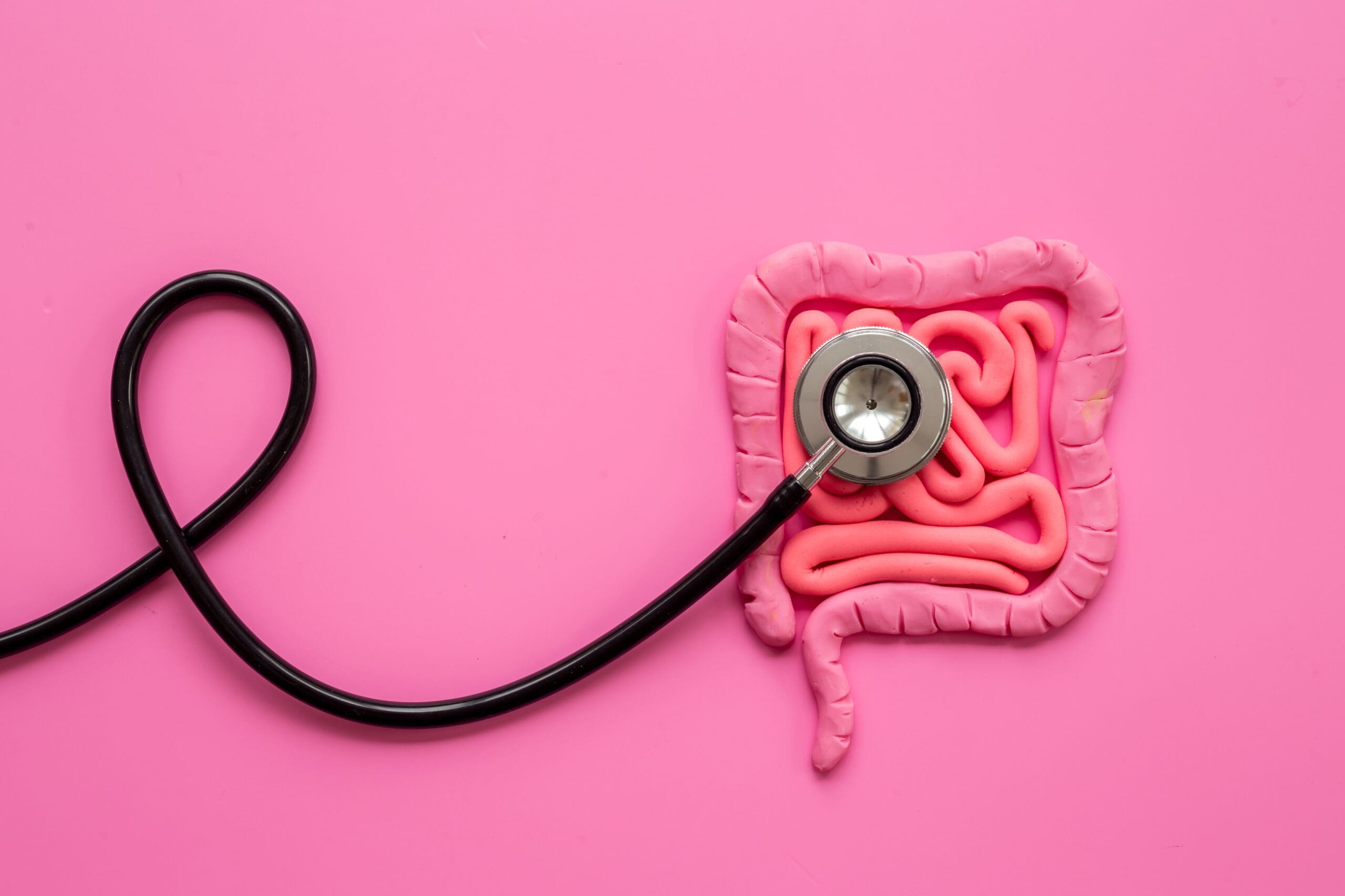
Leave A Comment